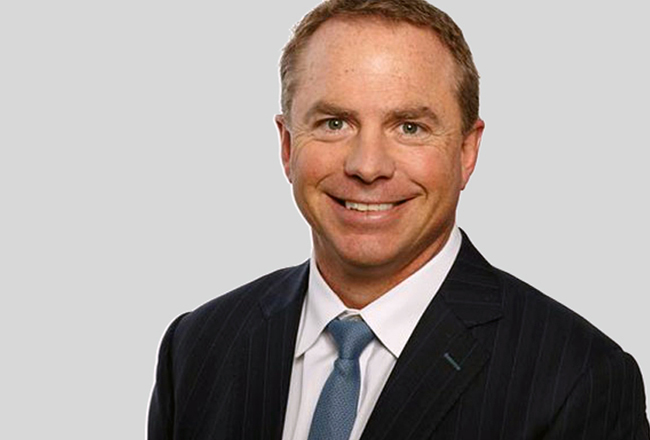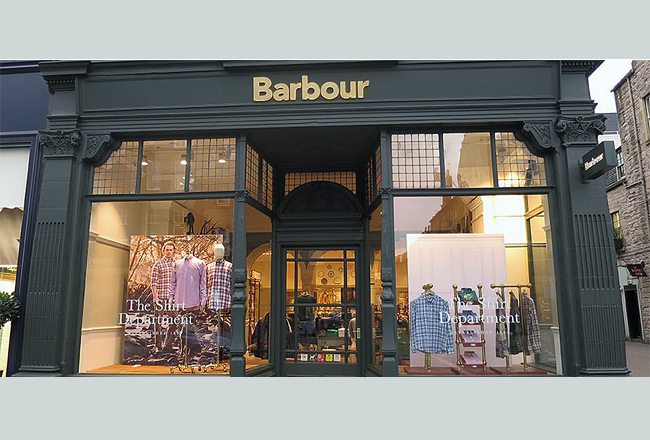Cenveo Inc., one of the largest printing businesses in the world, has filed for Chapter 11 bankruptcy reorganization, citing $1 billion in debt and internet challenges that have wrecked its business model.
“Negative industry trends” and an “unsustainable capital structure,” according to an affidavit by Ayman Zameli, executive vice president, compelled the company to file for bankruptcy.
But Brigade Capital Management LP, a creditor, has asked the court for an independent examiner to investigate “potential misconduct.”
 Cenveo and 35 affiliates filed bankruptcy petitions on Feb. 2 in White Plains, where the Commercial Envelope Manufacturing subsidiary has an office. The company is based in Stamford.
Cenveo and 35 affiliates filed bankruptcy petitions on Feb. 2 in White Plains, where the Commercial Envelope Manufacturing subsidiary has an office. The company is based in Stamford.
Cenveo declared assets of $790 million and liabilities of $1.4 billion. The largest secured claims are held by Bank of New York Mellon, $831 million, and Bank of America, $125.6 million.
The company”™s price per share has declined by 99.8 percent in 10 years, from $120.32 to less than 20 cents on Feb. 13.
Cenveo had grown into a large, diversified printing company, booking nearly $1.6 billion in revenue last year, according to a bankruptcy filing.
It traces its roots back to an envelope manufacturer that was founded in Colorado in 1919. The company changed its name to Cenveo in 2004, from Mail-Well.
Burton Capital Management and its principal, Robert G. Burton Sr. of Greenwich, acquired the company in a hostile takeover in 2005.
Cenveo”™s main product line is envelopes, and it manufactures 50 billion a year for direct mail campaigns, bills and wholesale customers.
It is the nation”™s fourth-largest commercial printer, producing catalogs, annual reports, brochures, comic books, magazines, specialty books and scholarly publications.
It makes cash register receipt rolls and labels for packaging and pharmaceuticals.
Cenveo has 40 manufacturing plants and offices in the United States. It employs 5,200 people in the United States and another 1,380 abroad.
From 2006 to 2013, Zameli said, the company acquired 16 companies. But in recent years it has been divesting, closing plants and consolidating operations.
Despite attempts to rightsize “the negative effects of the third and fourth quarter of 2017,” he said, “outweighed any cost savings.”
The company blames its troubles on e-commerce, digital subscriptions and other technologies that are transforming the industry.
As advertisers shift to electronic media, envelopes for mail campaigns are in less demand. Lower magazine circulation has depressed printing revenue. In general, Zameli said, there is less need for paper products.
Long-standing customers have scaled back purchases and sourced some of their supplies from other manufacturers, as Cenveo”™s financing has weakened, and they have imposed more onerous trade terms.
Late last year, Cenveo began exploring its options, hiring Kirkland & Ellis for legal advice, Rothschild Inc. for investment banking and Zolfo Cooper for restructuring advice.
Cenveo negotiated a restructuring agreement with “first lien” creditors holding $540 million and with Brigade Capital, the largest holder of second lien notes.
Major creditors agreed to cut debt by about $700 million, according to a Reuters report. The first lien lenders will receive nearly all of the equity in the reorganized company and new debt, if bankruptcy court approves the plan. Unsecured lenders will receive about 2.5 percent of what they are owed.
The company has secured $290 million in debtor-in-possession financing to help it through the bankruptcy process.
The plan will stabilize the company, Zameli said, and allow it to emerge from bankruptcy.
Brigade, which holds $248 million in first and second lien notes, did not agree to the plan.
Three family members received about $80 million in compensation from 2005 to 2016, “an extraordinary amount,” Brigade said, “for a company of this size and in this industry.”
Robert G. Burton Sr., CEO, is chairman of the board. Robert G. Burton Jr., president, is on the board. Michael Burton is chief operating officer.
The Burtons and a family trust hold about 15 percent of the common stock.
Brigade claims that Cenveo has leased a manufacturing facility and land with an entity owned and managed by the Burton family.
Two of the board”™s purportedly independent directors, Brigade alleges, may not be truly independent.
Susan Herbst, for instance, is president of the University of Connecticut, to which the Burtons have donated millions of dollars, including, Brigade said, money for construction of the Burton Family Football Complex.
That $2.5 million donation, however, was given in 2004 and Herbst became president in 2011.
Mark J. Griffin, another company director, is founding headmaster of Eagle Hill School in Greenwich, to which the Burtons, Brigade sids, have donated money for housing and athletic facilities.
Cenveo did not respond to a request for comment on Brigade”™s allegations.
Brigade has asked for a court hearing to consider the appointment of an examiner.




















